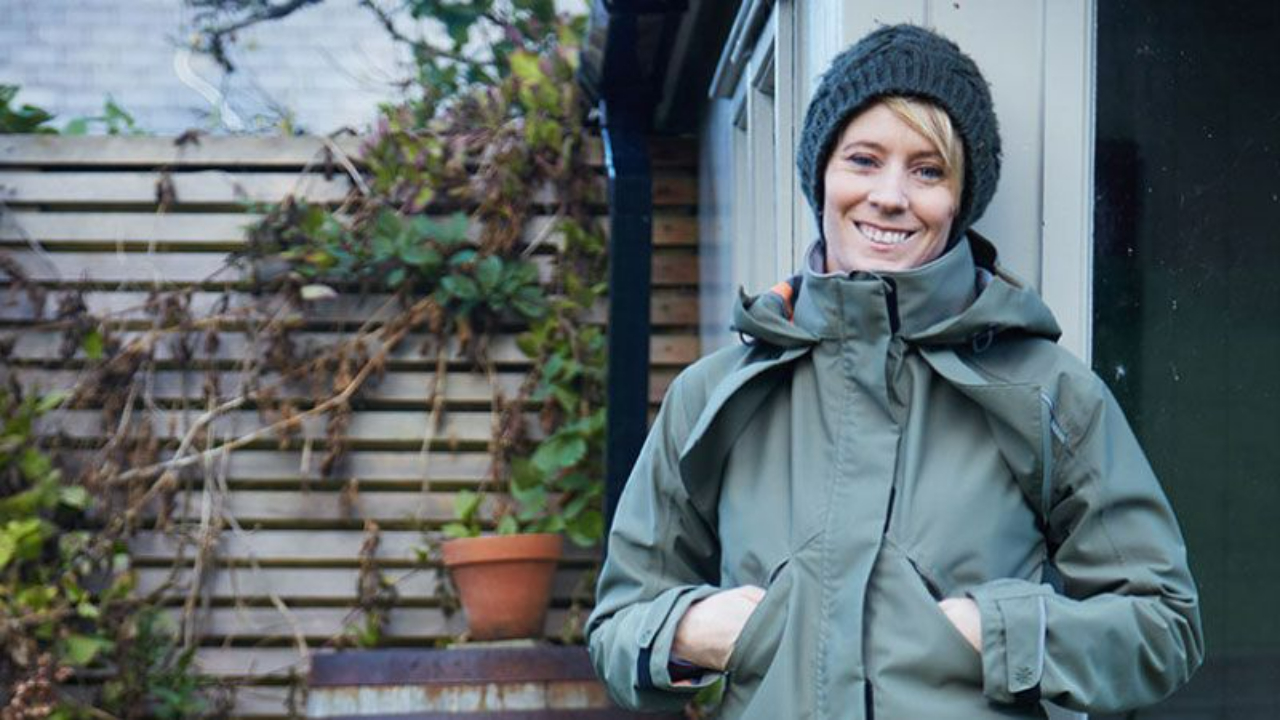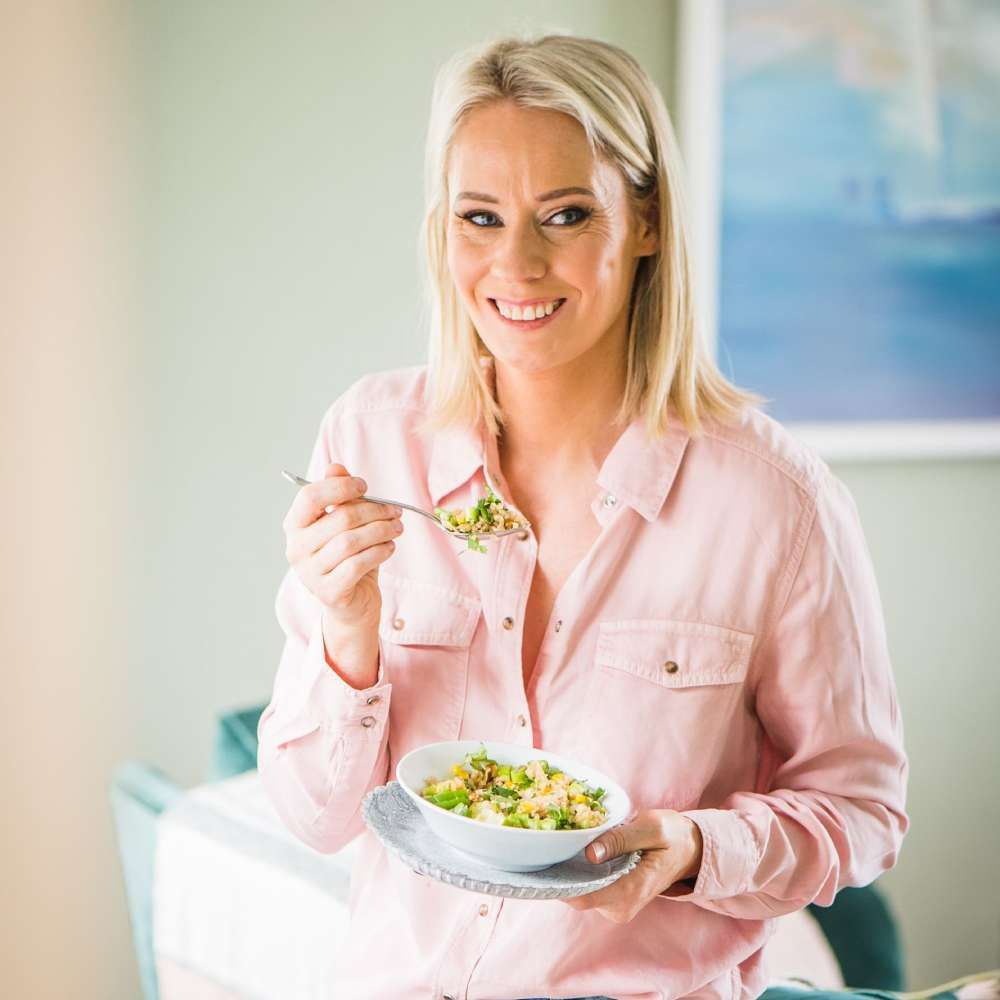
Nutrition
Feb 04, 2025Throughout my career, I surrounded myself with experts. I looked to the successful athletes and their teams of nutritionists, physiotherapists, psychologists and agents to learn from them and find ways to replicate their success. I recently gave a talk to a group from the Piranha Triathlon Club in Dublin, it was great to share my experiences of being a professional athlete to now being a busy working mum who wants to be fit and healthy. I asked Sharon Madigan to come and speak with me. Sharon is a dietitian and performance nutritionist who works as head of nutrition at the Irish Institute of Sport. She wrote the nutrition content of my second book The Fit Foodie and is a breath of fresh air in terms of expert advice.I really enjoyed hearing her knowledge and professional experiences on the day.
Here are some of the take-home messages:
- What are your requirements? Basic healthy eating principles apply to everyone — from a busy mum, to someone who does triathlons in their spare time, to an athlete preparing for a big race. You need to ask yourself ‘what are my food requirements for my life?’
- Keep it simple and consistent. There are many new fads that claim they will help you perform better but its so important to nail the basics. Think about getting it right 80% of the time.
- Staying healthy is the number one priority. Our aim should be to fuel our bodies sufficiently to avoid fatigue, injury and illness. My biggest challenge when I was competing was to stay injury-free and illness-free. Rather than thinking about how you look or what you weigh why not think about eating for health and wellness.
- Get your bloodwork checked at least once a year. There is so much work our bodies are doing beneath the surface that we cannot see. Consider popping to your GP once a year for full bloods, explain what your training/ life requirements are.
- Get good rest. Sleep and recovery are really important for your health and performance. Consider your sleep quality and when you are recovering. Putting in time to recover is essential for being fit and healthy.
- Sharon stressed the importance of eating a post-workout meal, get real food in as fast as you can after you train.
- Track your food, occasionally. My fitness pal can be a great tool to use in the short term to gauge how much you are eating and how this lines up with your requirements.
- Don’t eat too little. If you are exercising or training you need more food. Look at your week: on those days when you are busy and also training, you need to eat enough to do both. Making small changes to your food intake to take account of what’s going on in your life will make you feel more energised, recover faster and avoid injury or illness.
- Plan and prepare. Make a plan of what you’re going to eat. Jot down what you’d like for breakfast, lunch and dinner; what you want to eat post-workout; and what kind of snacks you want to enjoy throughout the day. Set aside ‘prep time’; weekends are perfect.
- Colour is key. As a nation we are just not reaching the old recommendations of five portions a day of fruit and vegetables, let alone the updated 10-a day guidelines. Including a rainbow of healthy, colourful foods in your diet ensures that it’s varied and increases the chance of meeting your antioxidant, vitamin and mineral requirements. You will also be including other essential nutrients such as pre- and probiotics which are crucial for gut health.


